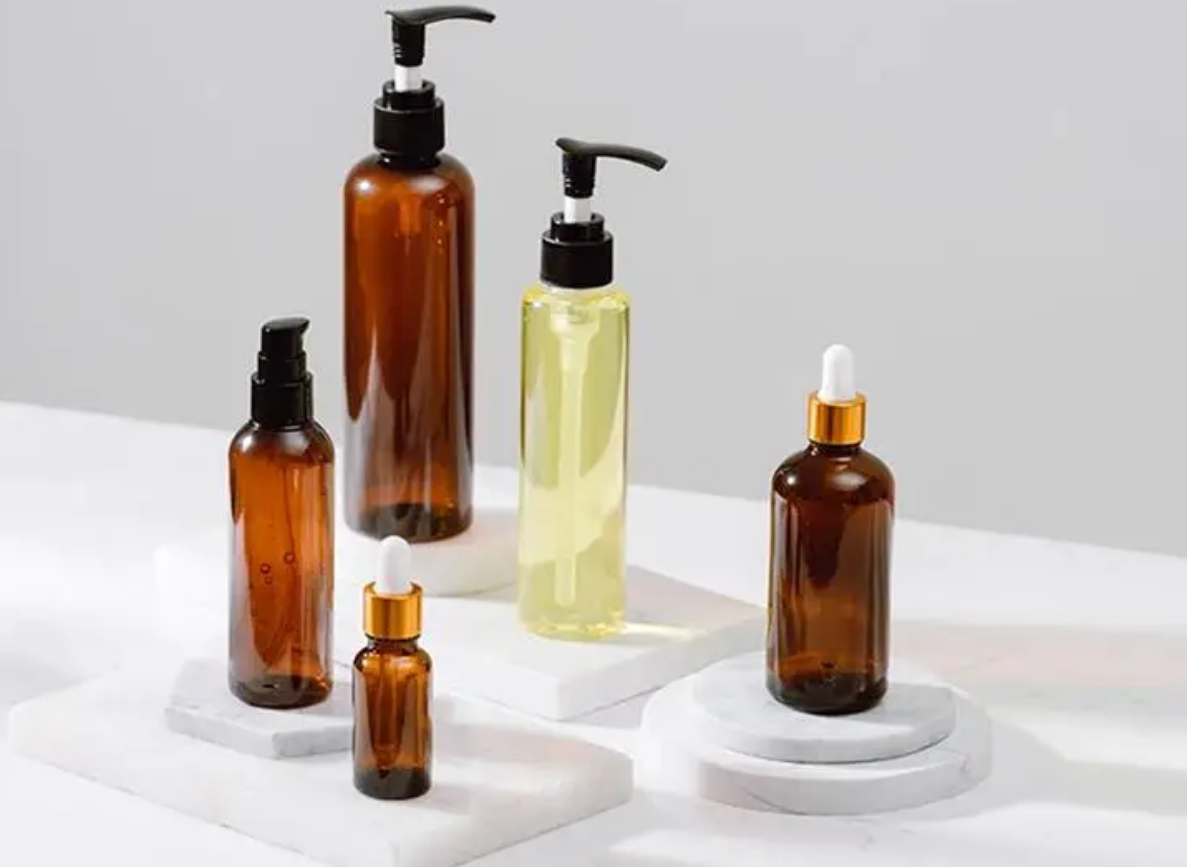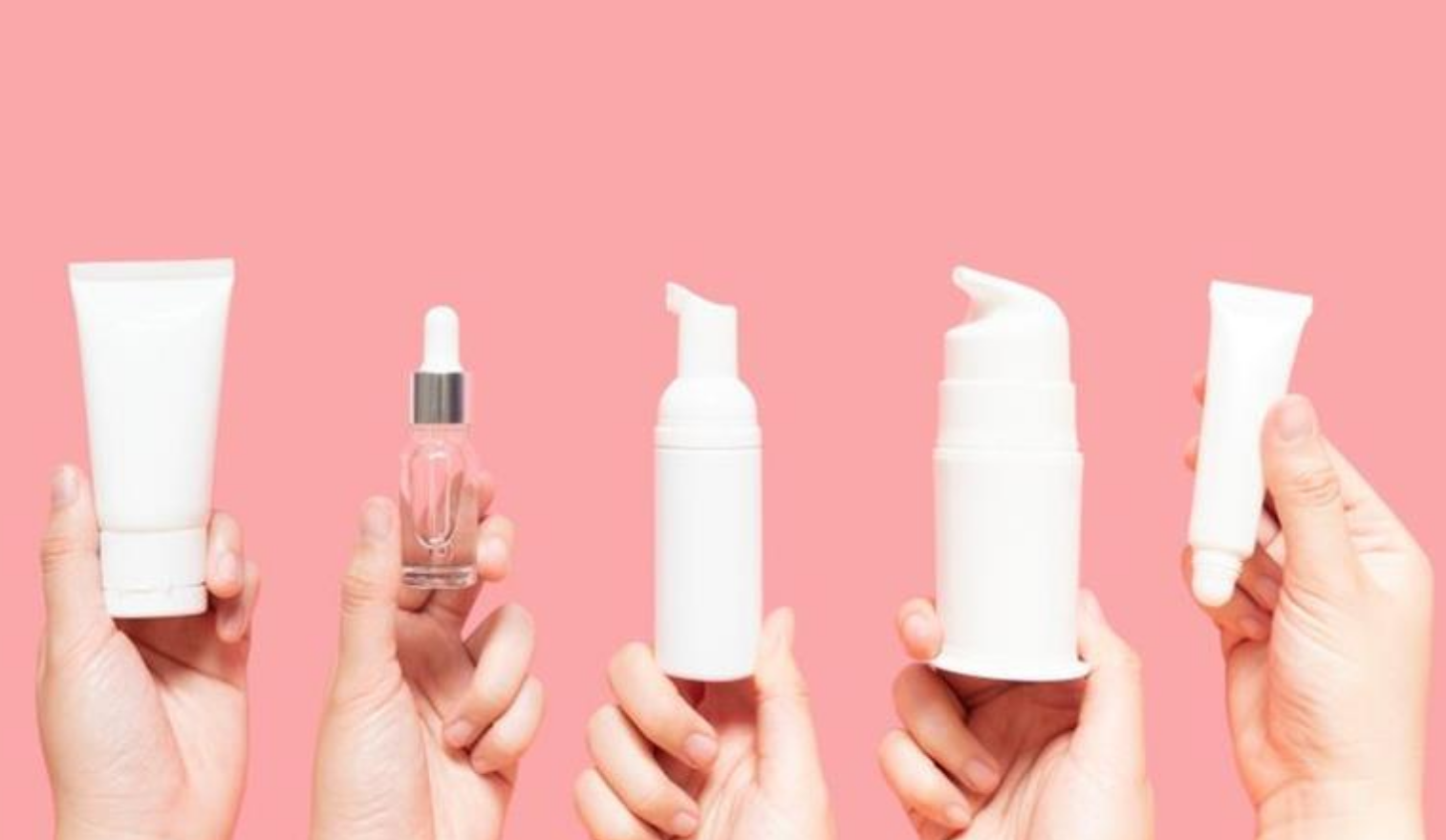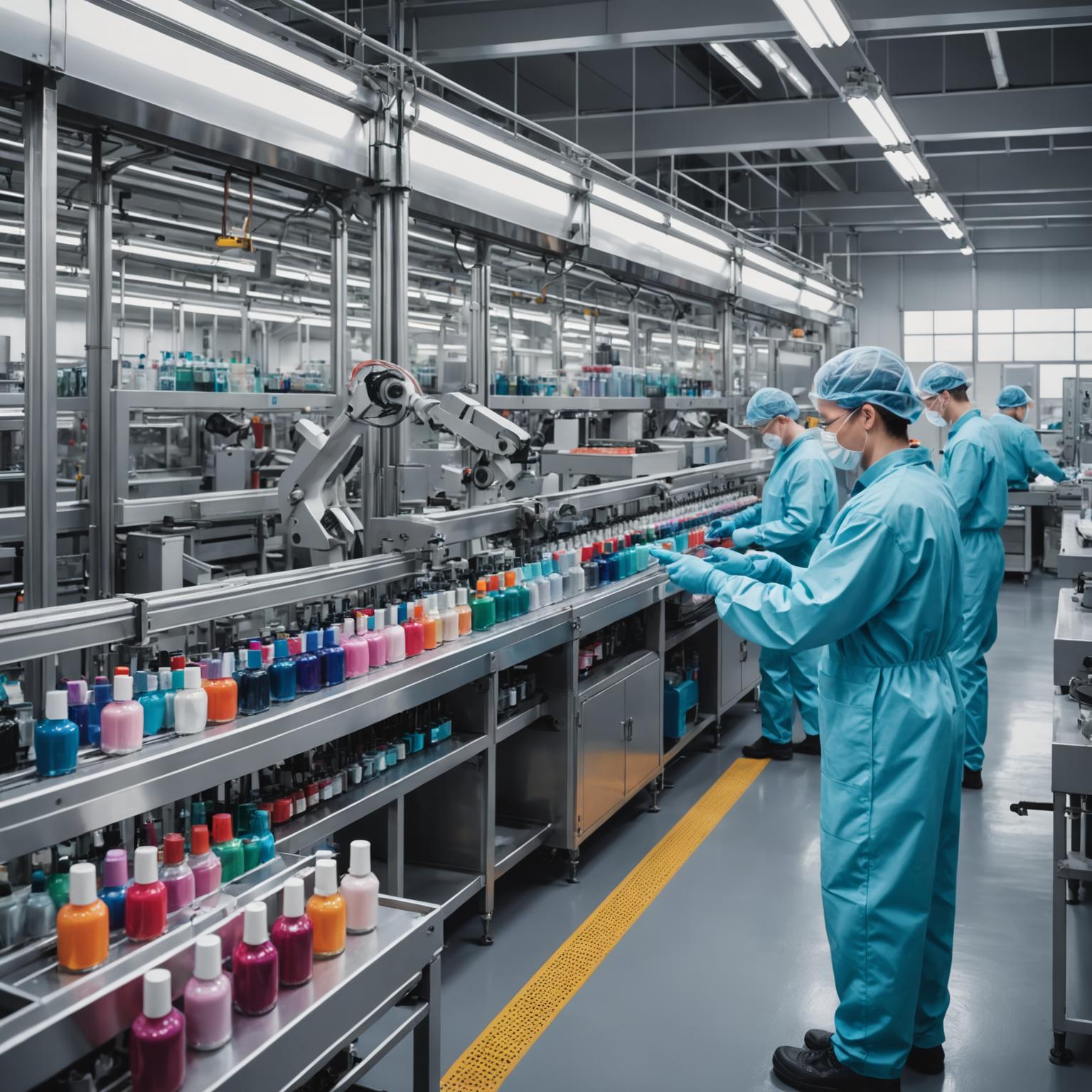Europe's large and diverse market makes it an ideal region for manufacturers and businesses. The 44 countries that make up the European Group, the combination of EU member states and trade agreement partners, makes it very easy to do business in the region. Europe's strong presence in the wine, beverage and cosmetics sectors has fueled a boom in the glass bottle industry. If you're looking for a glass bottle manufacturer, here are five top European companies that should catch your attention.
What Makes a Glass Bottle Manufacturer a Reliable Partner for Custom Packaging Needs?
When considering a glass bottle manufacturer for your custom packaging requirements, reliability is key. But what actually sets apart a truly dependable partner from the rest? Here are the qualities and capabilities to look for:
-
Design Flexibility and Innovation
Top manufacturers offer an extensive selection of shapes, sizes, and colors—think everything from the elegant curves of a Bordeaux wine bottle to a striking, uniquely tinted perfume vial. They can easily adapt to your brand’s vision, whether you’re going for classic appeal or daring new designs. -
Customization Expertise
A reliable partner doesn’t just provide off-the-shelf options; they’re equipped to support a range of finishes and decoration techniques. Look for capabilities in silk-screen printing, hot stamping, spray coating, or bespoke labeling solutions. These added flourishes ensure your packaging stands out on crowded shelves. -
Competitive Pricing at Scale
The best in the business combine quality and value—enabling you to take advantage of wholesale pricing without sacrificing standards. This is especially important for growing brands looking to balance budget constraints with premium presentation. -
Versatility Across Industries
From spirits like vodka or gin, to popular categories such as cosmetics or pharmaceuticals, a partner worth their salt has the infrastructure to support product diversification. Whether you need intricate liquor bottles, sturdy jars for skincare, or specialty medicine containers, adaptability matters. -
Consistent Quality and Compliance
A dependable manufacturer maintains rigorous quality control and meets international standards, ensuring every batch aligns with your expectations—and regulatory requirements wherever your products land. -
Global Logistics and Service
Finally, reliable manufacturers are seasoned exporters. With extensive shipping experience, they’ll anticipate and resolve logistical challenges so you can focus on launching and scaling your brand, not on paperwork or customs headaches.
Keep these criteria in mind as you search for a packaging supplier. They’re not just providing containers—they’re supporting your brand’s image, operational efficiency, and growth.
The Journey of a Custom Glass Bottle: From Concept to Customer
Ordering custom glass bottles is a multi-stage process that combines both artistry and precision manufacturing. For anyone curious about how an idea takes shape and becomes a finished bottle ready for retail shelves, here's an overview of the essential steps:
1. Collaborative Design
The process begins with a partnership between the customer and the manufacturer’s design team. Drawing on current trends and specific product requirements, the team sketches concepts and develops detailed renderings tailored to size, shape, branding, and functional use.
2. Material Selection and Preparation
Core ingredients—like quartz sand, soda ash, and limestone—are measured and blended according to strict quality guidelines. Using high-quality raw materials ensures clarity and strength in the finish.
3. Melting and Formation
The raw mix is placed in an industrial furnace, reaching temperatures upwards of 1,400°C until it becomes molten glass. This liquid is then skillfully formed using molds—via techniques such as blow-and-blow or press-and-blow—to achieve the precise silhouette and dimensions agreed upon during design.
4. Annealing for Durability
Once shaped, the bottles are transferred to a specially controlled lehr (annealing oven), where they’re gradually cooled. This stage is vital for relieving internal stresses and guaranteeing consistent durability throughout each piece.
5. Quality Inspection
Each bottle passes through an inspection phase—often a blend of automated checks and hands-on review. Any with imperfections are set aside for recycling or correction, ensuring only top-quality bottles proceed.
6. Decoration and Finishing
Customization might include screen printing, embossing, or unique labeling, based on client needs. Whether you require vibrant branding, tactile finishes, or serial numbers, this is where bottles become truly bespoke.
7. Safe Packaging and Delivery
After all quality checks and finishing touches, bottles are packed according to client specifications—sometimes with protective dividers, custom cartons, or adhesive labeling. The final step is coordinated shipping, ensuring your bottles reach their destination safe, intact, and ready for market display.
This thoughtful process, adopted by top manufacturers acrossEurope, is what turns creative vision into impressive shelf-ready packaging.
Custom Glass Bottle Manufacturing: From Concept to Completion
Designing and producing custom glass bottles is an intricate process that blends creativity with technology. Whether you’re crafting a unique spirits bottle for theScottish Highlandsor an elegant cosmetics vessel destined forParisboutiques, these are the typical steps most manufacturers follow:
1. Initial Design & Planning
The journey starts with a design brief. This includes the bottle’s intended use, target market, size, shape, and aesthetic preferences. Designers collaborate with clients to sketch possibilities, create digital renderings, and adjust details—from embossing to unique neck finishes—until the vision is clear.
2. Material Selection & Preparation
Glass bottles are primarily made from a mix of silica sand, soda ash, and limestone. These raw materials are measured with precision and blended to ensure the desired clarity, strength, and color.
3. Melting & Formation
The prepared blend is heated in a furnace at temperatures exceeding 1,400°C. Once molten, the glass moves to forming machines where it's shaped using either blow-and-blow or press-and-blow techniques. This step may utilize customized molds, allowing for intricate logos or patterns.
4. Annealing & Cooling
Newly formed bottles enter an annealing lehr—a controlled cooling tunnel. This gradual process relieves internal stresses, making the bottles sturdy and less likely to crack.
5. Inspection & Quality Control
Each bottle goes through rigorous inspection, both visual and automated. Checks for uniform thickness, strength, and clarity are standard. Reputable manufacturers, likeVetropackandDekorglass Działdowo, use stringent testing to meet industry benchmarks.
6. Decoration & Finishing Touches
Bottles may undergo additional treatments depending on the client’s needs. Options include color coating, screen printing, labeling, or adding unique closure systems. Some manufacturers inItalyandFranceeven offer hand-finished details for luxury brands.
7. Packing & Logistics
Finally, approved glass bottles are carefully packaged—often with specialized padding or dividers. Shipment is tailored to destination, whether it’s bulk delivery for large beverage companies or smaller, labeled batches for boutique cosmetics brands.
By following these precise stages,Europeanglass bottle manufacturers consistently deliver both innovative design and reliable quality to businesses across the continent.
Ensuring Quality and Safety in Glass Bottle Manufacturing
When it comes to creating glass bottles, European manufacturers take quality and safety seriously—after all, these bottles wind up containing everything from fine wines to high-end skincare serums. Here's a look at how these industry leaders keep their products up to the mark:
-
Rigorous Material Selection:
The journey begins with carefully chosen raw materials—primarily quartz sand, soda ash, and limestone. Reputable brands likeVetropackandOwens-Illinois (O-I)source high-purity ingredients and implement strict quality checks right from the start. -
Precision in Production:
Automated mixing and melting processes are closely monitored to ensure the right chemical composition, which is crucial for strength and clarity. Sensors and digital controls in the furnaces help maintain optimal conditions and consistency in every batch. -
Advanced Shaping Techniques:
State-of-the-art technologies like IS (Individual Section) machines and automated molding are employed to form each bottle with precise dimensions and wall thickness. This minimizes flaws and ensures uniformity—essential for both function and safety. -
Controlled Cooling (Annealing):
Bottles are transported through an annealing lehr, a long oven that gradually brings them down to ambient temperature. This process relieves internal stresses, reducing the risk of cracks or breakage down the line. -
Thorough Inspection Protocols:
Modern production lines feature automatic vision cameras and laser systems that scrutinize each bottle for even the tiniest defects—think chips, bubbles, or misalignments. Experienced staff often carry out manual spot checks too, combining technology with a human touch. -
Comprehensive Safety and Compliance Testing:
To meet European safety standards (such as those set by theEuropean Federation of Glass Packaging), bottles must pass tests for pressure resistance, thermal shock, and chemical durability. These checks ensure safe usage whether the bottles are destined for Champagne or olive oil. -
Safe and Customizable Packaging:
Finally, compliant with guidelines from organizations likeDINandISO, bottles are packed for maximum protection during transit. Custom packaging solutions are often available—think recyclable dividers or branded cartons—helping both safety and presentation.
This commitment to quality control at every step allows European manufacturers to deliver bottles that businesses and consumers alike can trust.
How Design and Materials Enhance Durability and Visual Appeal
When it comes to glass bottles, both the choice of materials and the design details play a big role in the final product's look, feel, and resilience.
Material Matters:
Bottles crafted from premium materials such as crystal white or high white glass stand out for their exceptional clarity and high-gloss finish. This not only gives the bottle a crisp, upscale appearance—think of those eye-catching bottles lining a French perfume shop—but also brings out the vibrant color of whatever’s inside. These purer glass types typically contain fewer impurities than standard glass, which means you get both beautiful aesthetics and improved product safety.
Visual & Functional Benefits:
- Enhanced Clarity:High-quality glass allows for better product visibility, which is essential for industries like cosmetics and beverages where first impressions count.
- Glossy Finish:The glass's natural shine amplifies shelf appeal, helping products attract attention in crowded markets.
- UV Protection:Advanced glass formulations can provide extra defense against harmful UV rays—helpful for preserving flavors and fragrances.
Structural Strength:
Let’s not forget function. Thoughtful design touches, like a thickened base, improve stability and offer greater resistance to impact. This means glass bottles aren’t just pretty to look at; they’re less likely to crack or topple during shipping, on retail shelves, or in your hands.
In short, the marriage of high-quality materials and smart design ensures that a glass bottle isn’t just a vessel—it’s durable, visually compelling, and made to protect what matters inside.
What Materials Are Used to Manufacture Premium Glass Bottles?
When it comes to crafting top-tier glass bottles, manufacturers rely on high-grade materials such as crystal white and high white glass. These materials stand out for their exceptional clarity and brilliance, giving bottles that eye-catching sparkle often seen on shelves in high-end shops or featured by luxury brands.
But the advantages go beyond aesthetics:
- Purity and Safety:High white glass contains fewer impurities than standard glass, meaning it’s not only visually appealing but also safer for storing consumables. It helps prevent contaminants and keeps the contents pure, preserving original flavors and aromas—critical for wine, spirits, or gourmet oils.
- UV Protection:This glass excels at blocking harmful ultraviolet rays, providing an extra layer of defense for products sensitive to light, such as premium skincare lotions or delicate beverages.
- Environmental Considerations:These materials are recyclable and manufactured to support sustainability initiatives, making them a responsible choice for eco-conscious brands.
- Durability and Stability:Enhanced with reinforced bases and thicker walls, premium bottles made from these materials are more resistant to impacts and stress during shipping or daily use.
Whether you’re launching a new fragrance or filling bottles with an artisanal limoncello, choosing the right glass material isn’t just about looks—it’s a decision that influences product quality, safety, and shelf appeal.
How Glass Bottles Reach You Safely
When it comes to shipping glass bottles acrossEurope—or anywhere in the world—packaging is nothing short of an art form. These fragile vessels can’t handle rough and tumble treatment, so manufacturers pull out all the stops to ensure they arrive in one piece.
Here’s a quick look at the precautions and processes that set the standard:
- Protective Layering:Each glass bottle is cushioned with dividers or honeycomb paper, keeping them separated and preventing any accidental bumps or bruises during transit.
- Secure Wrapping:Bottles often get an extra hug with stretch film or bubble wrap to add another layer of shock absorption.
- Reinforced Pallets:For stability, everything is neatly arranged on sturdy, often fumigation-free pallets—usually wooden or plastic, depending on your region’s preferences and international shipping norms.
For longer journeys, especially cross-border deliveries, glass bottles find their way into robust wooden crates or heavy-duty cardboard boxes. This not only shields the bottles from jostling en route, but also satisfies international packaging standards.
To top it all off, most manufacturers collaborate with specialized logistics companies (thinkDHL,Maersk, orDB Schenker) that know a thing or two about transporting precious cargo. They’ll usually provide detailed tracking info—so you can follow your order’s journey from warehouse to doorstep, every careful step of the way.
Bottle Caps & Stoppers: Options to Match Every Need
When it comes to pairing the perfect closure with your glass bottles, the options are as varied as the products they protect. Whether you need something classic or contemporary, manufacturers offer an array of cap and stopper choices to complement both functionality and design.
Here are some of the most popular options available:
-
Plastic Caps and Stoppers
These are a go-to choice for everyday use, prized for their durability and tight seal. They're often seen on bottles for water, cosmetics, and pharmaceuticals where practicality is key. -
Cork Stoppers
Ideal for wine, spirits, and gourmet oils, corks remain a timeless choice. They lend a premium, traditional aesthetic while ensuring the preservation of product quality. -
Metal Closures
Aluminum and steel caps aren’t just sleek—they provide a secure, tamper-proof seal, commonly used for beverages and specialty food items. Brands likeGuala ClosuresandSilganhave set the standard for innovative metal cap designs. -
Wooden Caps
Wooden stoppers add a touch of sophistication and eco-friendly appeal, perfect for luxury spirits, perfumes, or boutique skincare. Often paired with glass to create an artisanal look. -
Colored and Specialty Caps
For those looking to stand out on the shelf, manufacturers can produce caps in a spectrum of colors and unique shapes. This customization is popular among brands seeking to reinforce identity and enhance shelf appeal.
With such a diverse range of options, finding the ideal cap or stopper for your glass bottle is simply a matter of matching function with the desired aesthetic.
Bupa packaging
PauPack is one of the world's leading manufacturers of glass packaging solutions. Although headquartered in Asia, the company has an extensive network in Europe, allowing it to effectively supply high-quality glass bottles to the region. PauPack specializes in a wide range of glass bottle designs, from standard sizes to custom shapes and colors. Their products are used in a wide range of industries, including cosmetics, personal care, pharmaceutical, and food and beverage.
With decades of experience, PauPack excels at providing custom packaging solutions with a focus on sustainability. The company has developed eco-friendly packaging options using recycled glass, and its products comply with global environmental standards such as FDA and REACH certification. PauPack's in-house design team is ready to help you create an innovative bottle design that meets your brand's needs.
Key features:
- Wide range of customization options (color, shape, and size)
- Eco-friendly solutions, including recycled glass
- High-quality manufacturing standards with a focus on sustainability
- Global supply chain integration for efficient delivery
The Journey of a Custom Glass Bottle: From Concept to Customer
Ordering custom glass bottles is a multi-stage process that combines both artistry and precision manufacturing. For anyone curious about how an idea takes shape and becomes a finished bottle ready for retail shelves, here's an overview of the essential steps:
1. Collaborative Design
The process begins with a partnership between the customer and the manufacturer’s design team. Drawing on current trends and specific product requirements, the team sketches concepts and develops detailed renderings tailored to size, shape, branding, and functional use.
2. Material Selection and Preparation
Core ingredients—like quartz sand, soda ash, and limestone—are measured and blended according to strict quality guidelines. Using high-quality raw materials ensures clarity and strength in the finish.
3. Melting and Formation
The raw mix is placed in an industrial furnace, reaching temperatures upwards of 1,400°C until it becomes molten glass. This liquid is then skillfully formed using molds—via techniques such as blow-and-blow or press-and-blow—to achieve the precise silhouette and dimensions agreed upon during design.
4. Annealing for Durability
Once shaped, the bottles are transferred to a specially controlled lehr (annealing oven), where they’re gradually cooled. This stage is vital for relieving internal stresses and guaranteeing consistent durability throughout each piece.
5. Quality Inspection
Each bottle passes through an inspection phase—often a blend of automated checks and hands-on review. Any with imperfections are set aside for recycling or correction, ensuring only top-quality bottles proceed.
6. Decoration and Finishing
Customization might include screen printing, embossing, or unique labeling, based on client needs. Whether you require vibrant branding, tactile finishes, or serial numbers, this is where bottles become truly bespoke.
7. Safe Packaging and Delivery
After all quality checks and finishing touches, bottles are packed according to client specifications—sometimes with protective dividers, custom cartons, or adhesive labeling. The final step is coordinated shipping, ensuring your bottles reach their destination safe, intact, and ready for market display.
This thoughtful process, adopted by top manufacturers acrossEurope, is what turns creative vision into impressive shelf-ready packaging.
Dekorglass Działdowo S.A.
Founded in 1991 and headquartered in northern Poland, Dekorglass Dzialdowo S.A. started as a glass bottle decoration company. Over the years, they have expanded their business to produce their own bottles, mainly focusing on the cosmetics industry. Their products now include a wide range of glass bottles for cosmetics, beverages, and other industries.
Dekorglass is known for its ability to custom design, including screen printing and 3D visualization, to meet specific customer needs. Their design team can assist with conceptualization, ensuring that your glass packaging is both aesthetically pleasing and functional. With years of experience in glass decoration, they provide exceptional value to customers looking for unique and high-quality glass bottle solutions.

Key features:
- Focus on glass bottle decoration and customization
- Provide 3D visualization prior to manufacturing
- Expertise in the field of cosmetic packaging
- Reliable customer service and design support
Vetropack Group
Founded in 1966, Vetropack Group is headquartered in Switzerland and operates in several European countries. Vetropack is known for its commitment to sustainability and eco-friendly manufacturing practices. The company has developed a process for producing lightweight glass bottles that reduces material use and energy consumption, thereby reducing carbon emissions.
Vetropack's flexible production lines allow them to handle both small and large orders, making it an ideal partner for businesses of all sizes. Their ability to adapt to customer requirements while maintaining high manufacturing standards makes them stand out in the glass bottle manufacturing industry.

Key features:
- Focus on the production of lightweight, sustainable glass bottles
- Flexible production capacity, suitable for small orders and large orders
- Strong environmental commitment through innovative manufacturing processes
- It is widespread in several European countries
House of Donohue
House of Donohoe is headquartered in Waterford, Ireland and has been in operation since 1993. The company specializes in the production of glass bottles for soft drinks and alcoholic beverages. Their Irish facility is known for its flexibility, producing large and small bottles for a variety of beverage brands.
House of Donohoe offers more than just manufacturing; They offer additional services such as labels and custom designs to meet the unique needs of each customer. Their focus on high-quality glass bottles and their ability to handle limited edition and bulk orders make them a great choice for beverage companies looking for reliable and customizable packaging solutions.

Key features:
- Specializing in the production of beverage glass bottles (soft drinks and alcoholic beverages)
- Custom labeling and design services
- Flexible production, suitable for small orders and large orders
- High-quality manufacturing with a focus on customer satisfaction
Villaglia
Founded in 1827 and headquartered in Courbevoie, France, Verallia is one of the largest glass bottle manufacturers in Europe. They serve a variety of industries, including food, beverage, and cosmetics, and are known for their innovative designs and quality product lines. Their curated collection includes specialty bottles for premium products, such as fluorescent glass bottles.
Verallia takes sustainability very seriously and implements eco-friendly practices throughout its production process. Their packaging solutions are ideal for companies looking for high-quality glass bottles and support eco-friendly practices.
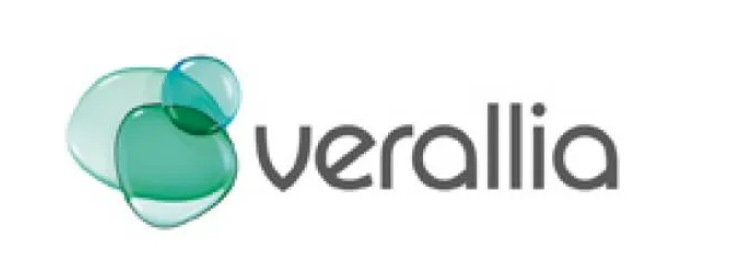
Key features:
- A wide range of glass bottles for food, beverages and cosmetics
- Special production lines, including fluorescent glass for high-quality products
- A strong commitment to sustainability and eco-friendly manufacturing practices
- Comprehensive customer support and consulting
Minimum Order Quantities for Beverage Glass Bottles
When planning your bottle order, it's essential to keep minimum order quantities (MOQs) in mind, as these can vary slightly between manufacturers and bottle types. However, for most major beverage categories—including brandy, gin, rum, vodka, whisky, and tequila—the MOQ typically starts at around 6,000 pieces.
This standard MOQ allows manufacturers to maintain efficient production runs while ensuring high quality and consistency across each batch. If you're looking to launch a new spirit line or need a custom design, it's wise to plan for at least this quantity to meet most suppliers' requirements. Whether you're working with local European producers or looking at renowned names likeVetropack,House of Donohoe, orVerallia, expect similar thresholds.
Keep in mind that special features (like custom shapes or unique deco finishes) may influence MOQs further, so it's always a good idea to consult directly with your chosen manufacturer for precise numbers and options.
Conclusion
The European market is diverse and competitive, with various glass bottle manufacturers offering unique products and services. Depending on your specific business needs, one of the manufacturers mentioned in this blog may be a better fit for you. Whether you need custom glass bottles, sustainable packaging, or specific design features, these companies have you covered.



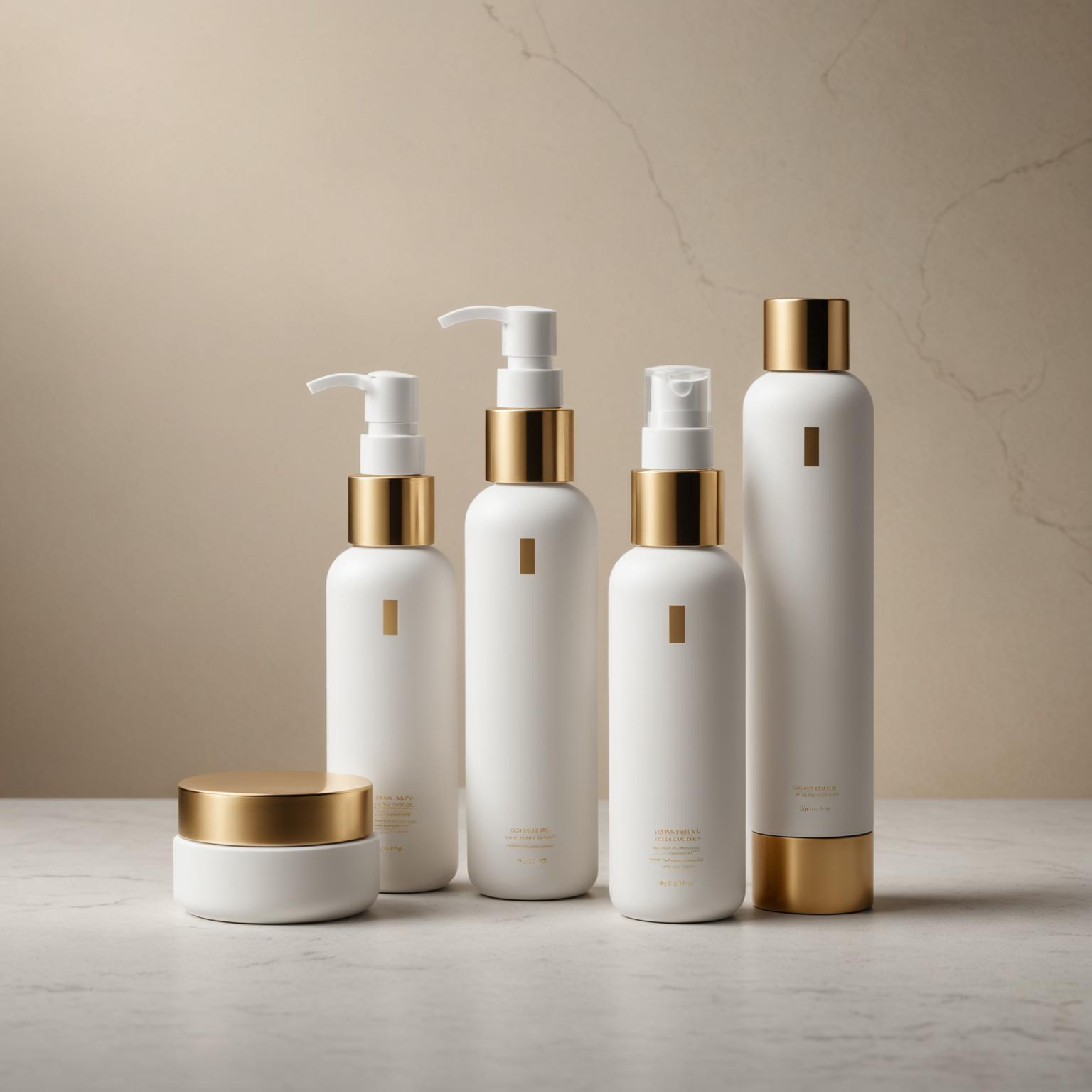

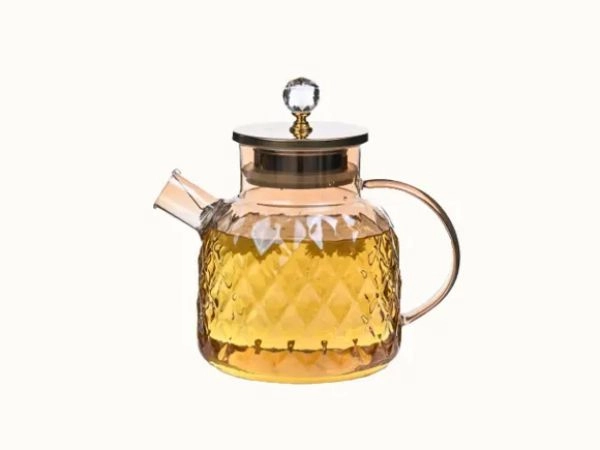
![Top 10 Child Resistant Packaging OEM Suppliers in the World [2025 Updated]](https://ptwebimg.pinshop.com/i/2025/06/03/12ia6eq-3.jpg)
